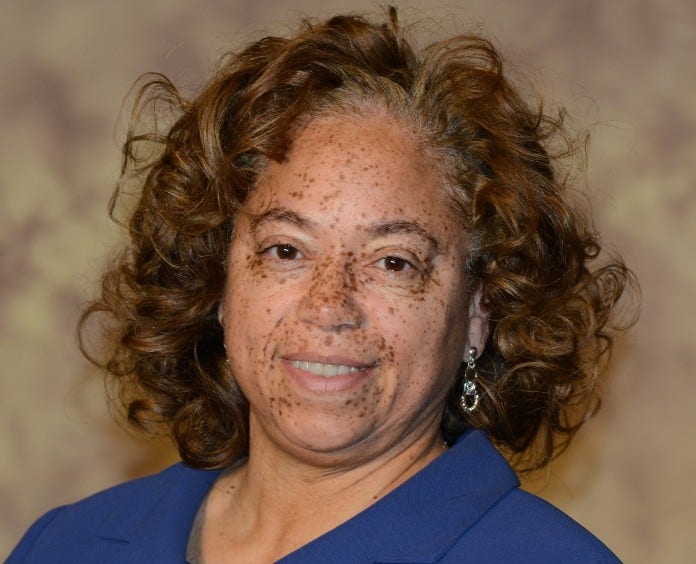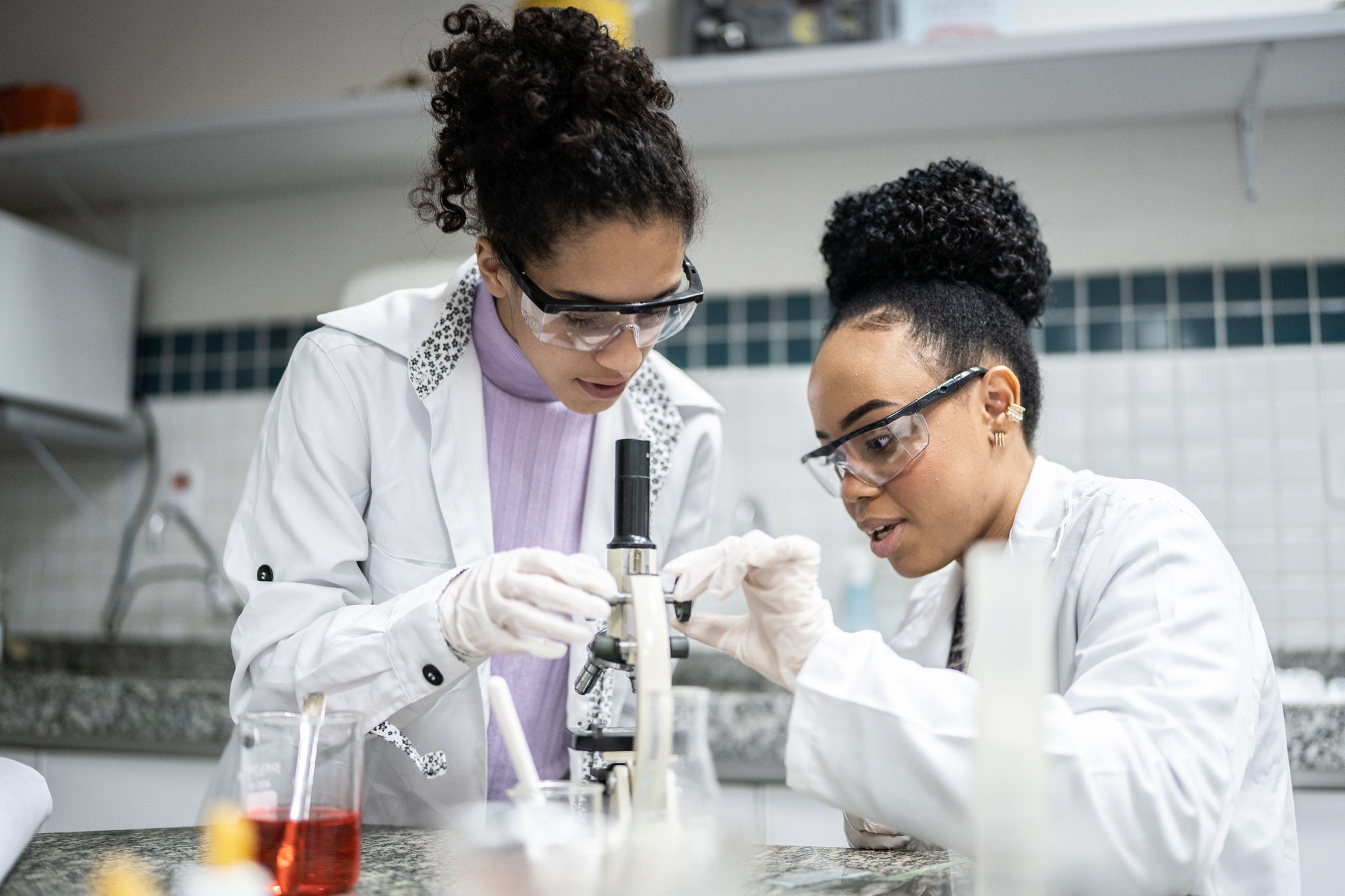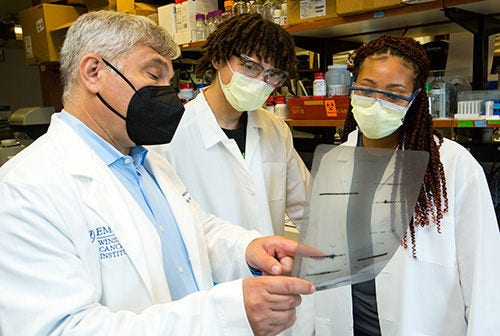The ACS Center for Diversity in Cancer Research (DICR) Training
We aim to increase diversity and inclusion in the cancer workforce by providing training and support to students from groups that are underrepresented in the science and health professions.
Through the Center for Diversity in Cancer Research Training, ACS aims to provide unique and impactful opportunities that embrace students who, historically, have been underrepresented in science and health professions. Together, we can push scientific workforce diversity forward, bolstering future talent in the cancer community that can drive innovation and discovery—ultimately breaking down barriers and addressing historical inequities."

Our Center Is Building a Diverse Pool of Applicants for Positions in Cancer Research
The ACS Center for DICR Training funds hands-on research programs for student populations who are underrepresented in the cancer workforce.
Diverse voices are critical in improving inequities in cancer prevention, treatment, and care. Unfortunately, the communities that bear a disproportionate burden of cancer continue to be underrepresented in the cancer research workforce.
Building an inclusive research community that more effectively addresses cancer disparities requires increased efforts to recruit and nurture people who are underrepresented in the scientific and clinical training environments. That's why the American Cancer Society (ACS) has established the ACS Center for Diversity in Cancer Research (DICR) Training.
The Center allows the ACS to have an even greater impact on filling the gap in funding cancer research and on helping the next generation of cancer researchers more fully represent all populations.
The ACS Center for DICR Training recruits young trainees who are part of populations that have been established as underrepresented in the health-related science workforce in the United States including:
- Certain racial and ethnic groups
- People from low socioeconomic or disadvantaged backgrounds
- Women
- People with disabilities
ACS DICR Training Programs







